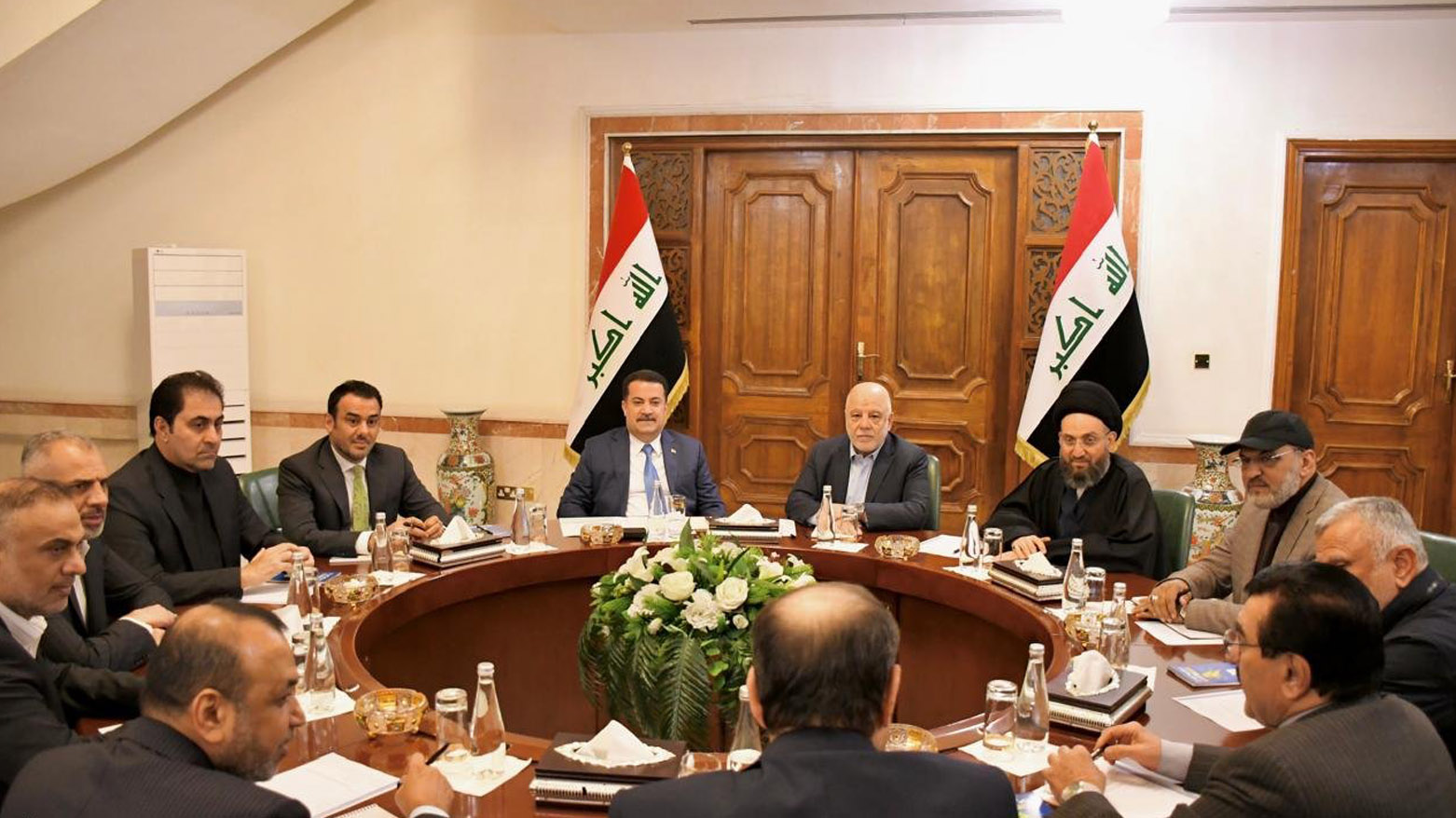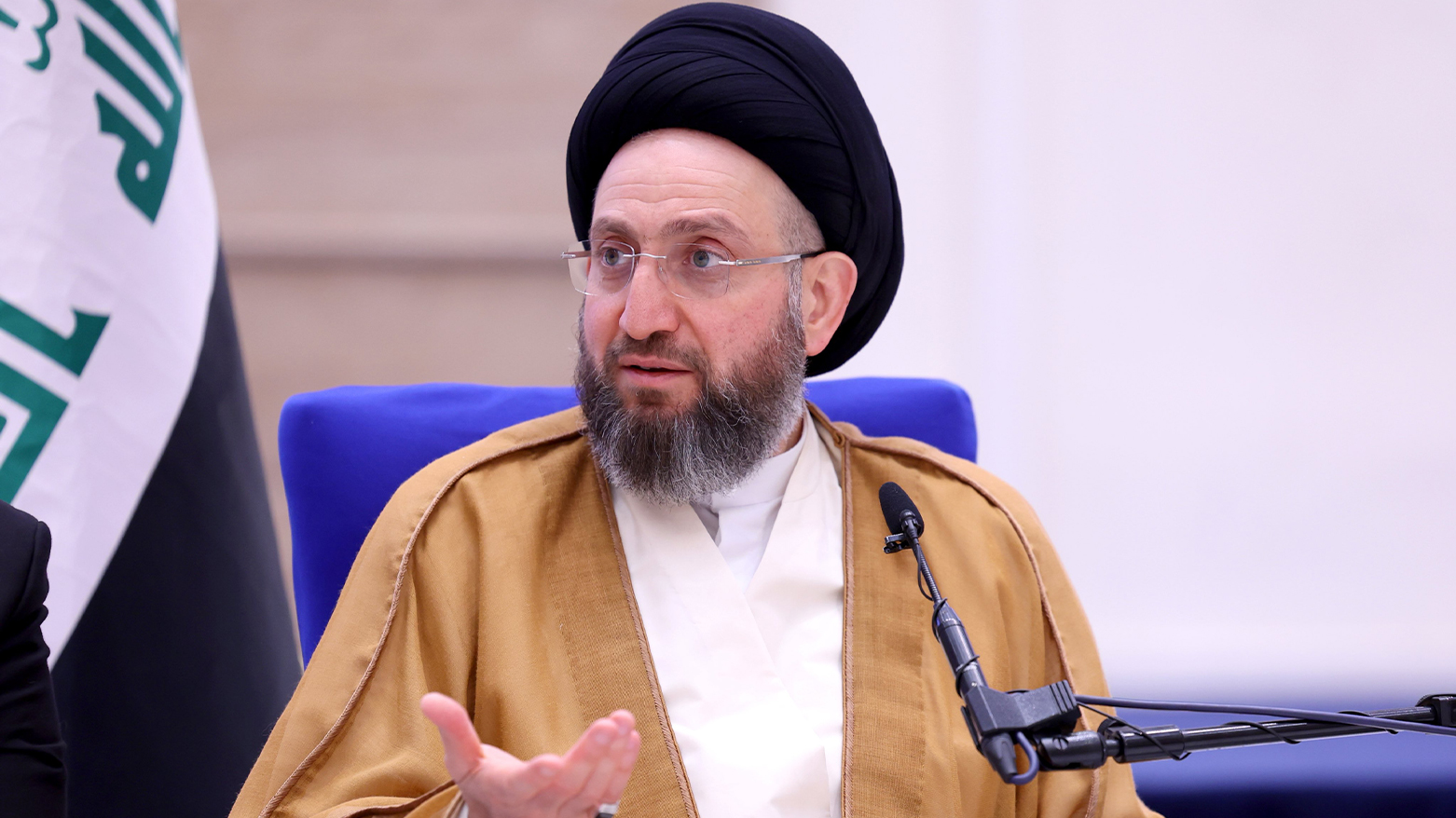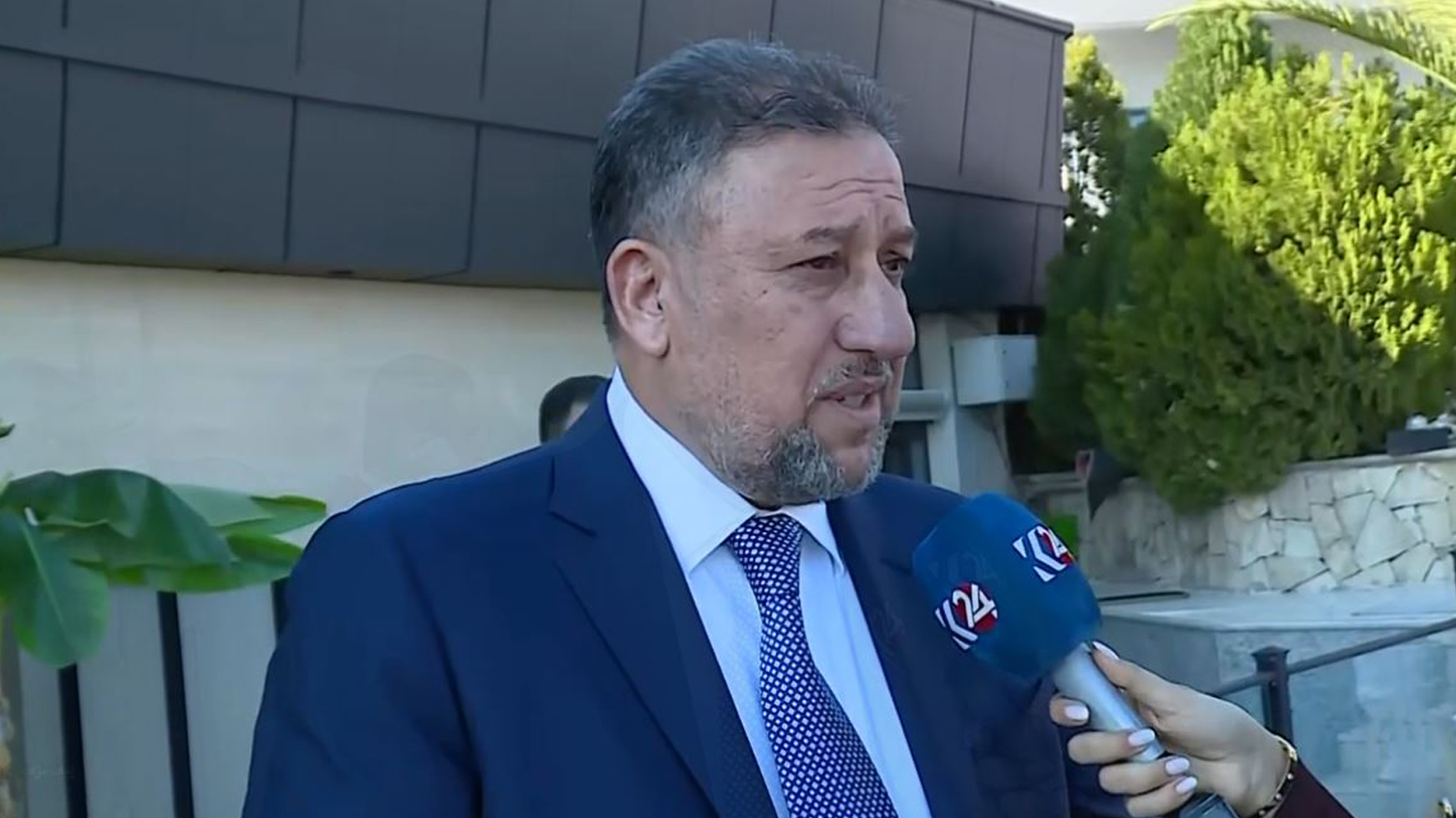Major Iraqi Blocs Press for Clampdown on Rogue Militias Following Strike on Kurdistan’s Khor Mor Field
Iraqi leaders condemn the Khor Mor attack as a "national threat" after power output drops 80%; Khanjar calls for ending militia rule.

ERBIL (Kurdistan24) – A wave of condemnation has swept through the highest levels of Iraq’s political landscape following a devastating attack on the Khor Mor gas field late Wednesday night, which has crippled the Kurdistan Region's power grid. As production plummeted by 80 percent, major political blocs in Baghdad, including the Shiite Coordination Framework and Sunni leadership, characterized the assault as a grave "national threat" aimed at destabilizing the country's economy and security.
The incident has reignited urgent calls to end the dominance of armed groups operating outside the law, with leaders warning that the country faces a decisive stage that permits no further silence.
The attack occurred at approximately 11:30 PM on Wednesday, November 26, 2025, in the Chamchamal district of Sulaimani province. While reports regarding the nature of the weapon used remain conflicting—with a joint statement from the Kurdistan Regional Government’s Ministries of Natural Resources and Electricity identifying it as a "drone," while the field’s operator, the Emirati Dana Gas company, reported a "missile" strike—the consequences were immediate and severe.
Both statements confirmed that while the attack did not result in human casualties, it caused a critical disruption to infrastructure, resulting in an 80 percent reduction in public electricity production across the Kurdistan Region.
In Baghdad, the Shiite Coordination Framework issued a strong statement on Thursday, strictly condemning the aggression on the energy facility.
The influential bloc emphasized that such aggressions against national stations threaten the security, stability, and economy of Iraq, serving only those parties that wish to see the country weak and seek to disrupt the path of development.
The Framework explicitly warned that this incident must be treated as a major national threat rather than being exploited for political or partisan purposes. Furthermore, the statement declared full support for the investigative committee established by Iraqi Prime Minister Mohammed Shia al-Sudani, urging the necessary measures to identify the perpetrators and prevent the repetition of such attacks.
This sentiment was echoed by Ammar al-Hakim, the leader of the National Wisdom Movement (Tayar al-Hikmah al-Watani), who released a statement on Thursday denouncing the targeting of the field in Sulaimani.
Al-Hakim reiterated that these destructive acts are direct assaults on the country's security and stability. He called upon the responsible authorities to relentlessly pursue those involved in the act and bring them to justice, underscoring the consensus among political elites that the attack represents a red line for the state's sovereignty.

Perhaps the sternest warning came from Khamis Khanjar, the head of the Siyada (Sovereignty) Alliance, one of Iraq's most influential Sunni political blocs, who described the attack on Khor Mor as a "dangerous bell" signaling that Iraq is facing a decisive and perilous stage.
In a reaction statement regarding the security developments, Khanjar strongly condemned the strike as a terrorist act and argued that silence is no longer an option in the face of armed groups operating outside the law.
He asserted that it is the duty of the federal government to conduct an urgent and transparent investigation to expose the hands and parties behind this turmoil, insisting that the perpetrators must receive their legal punishment regardless of who they are or to which party they belong.
Khanjar broadened the scope of the crisis, highlighting that the threat of uncontrolled weapons extends far beyond the oil and gas fields to impact citizens directly across the nation.
He pointed to daily attacks and pressures faced by residents in the Baghdad belt, northern Babil, eastern Diyala, and the provinces of Salah al-Din and Nineveh.
According to Khanjar, militias are utilizing various military methods—from rocket attacks and drones to assassinations with silenced weapons—to implement policies of sectarian discrimination, seize land, expel residents, and attempt to force demographic change in these areas.
The head of the Siyada Alliance emphasized that his bloc has long demanded an end to the file of gunmen operating outside the law, noting that the existence of these forces has become a serious threat to the stability of Iraq, a cause for the disruption of the country's economy, and a source of distortion for its international relations.

Khanjar concluded his message by stressing that the situation has reached a level requiring a radical solution.
He argued that stability can only be achieved by returning to the concept of the state and the sovereignty of institutions, rather than surrendering to "the sectarian weapon that receives its decisions from outside the borders," calling for a national vision that does not allow foreign agendas to replace state authority.